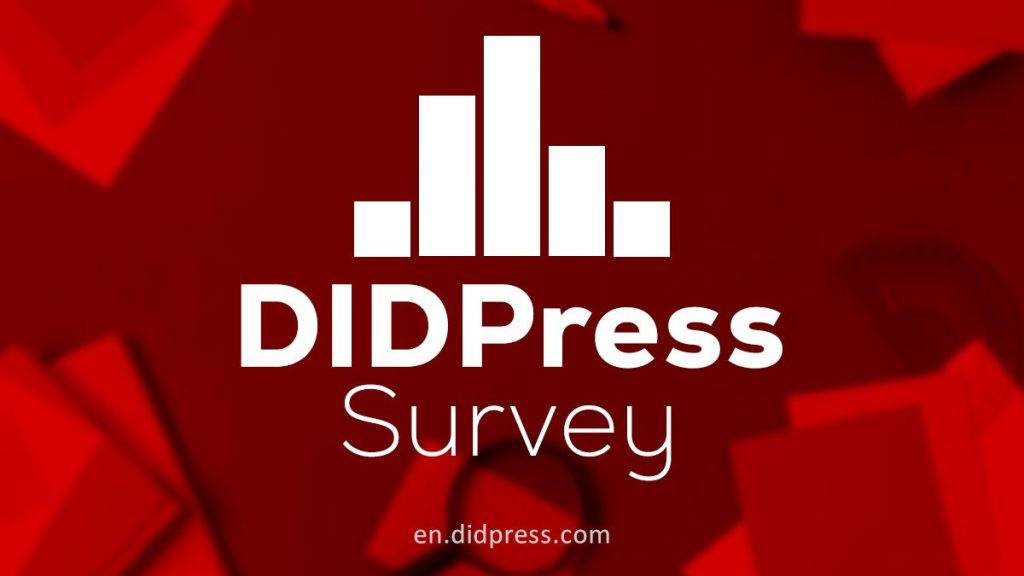Following recent U.S. airstrike on Iran’s nuclear facilities, DID Press conducted a new poll asking its audience: What future scenarios could be anticipated for the region in light of this aggression?

The responses reflect a deep skepticism toward the constructive role of international institutions—particularly the United Nations—in preventing and managing regional and global crises.
According to the poll results, the prospect of a widespread regional war received the highest percentage of votes at 36%, being viewed as the most likely consequence of the U.S. attack. In stark contrast, only 8% of participants believed that international institutions would be able to contain the crisis—highlighting a serious lack of faith in the deterrent power of organizations like the UN and its Security Council.
Meanwhile, 32% of respondents saw increased uranium enrichment and potential nuclear weapon development in Iran as a probable outcome. This suggests that, in the eyes of many, political and military pressure will not only fail to dissuade Iran from advancing its nuclear program, but may actually accelerate it—potentially even prompting Tehran to withdraw from the Nuclear Non-Proliferation Treaty (NPT) and increase investment in nuclear infrastructure.
Interestingly, despite existing divisions and disarray among Islamic countries, 24% of those surveyed predicted that regional powers may unite against the West in response to the U.S. aggression. According to this perspective, external threats and military interventions serve as catalysts for solidarity among Islamic nations in the region.
This sentiment underlines the notion that a common external enemy can become a powerful unifying force among Islamic governments. If Western hostilities against Iran or any other Muslim country continue, respondents believe it is likely these states will stand together in opposition to external aggressors.